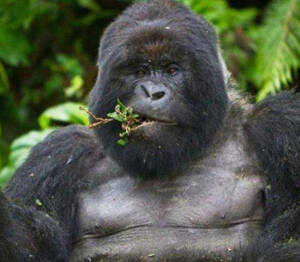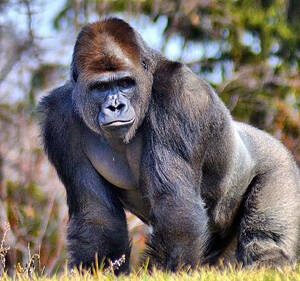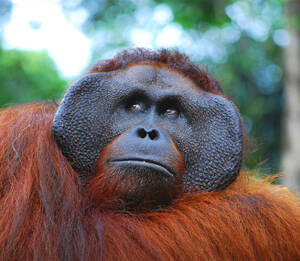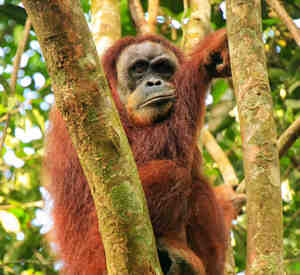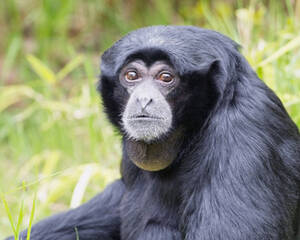Saguinus bicolor
IUCN
LCBasic Information
Scientific classification
- name:Saguinus bicolor
- Scientific Name:Saguinus bicolor,Brazilian Bare-faced Tamarin,Black and white tamarin, black and white tamarin, two-colored tamarin, two-colored tamarin, spotted-faced tamarin, two-colored tamarin
- Outline:Primates
- Family:Marmosets Tamarins
Vital signs
- length:20.8-28.3cm
- Weight:About 428g
- lifetime:About 10 years
Feature
The colors are mainly black, white and brown.
Distribution and Habitat
Distributed in the Brazilian Amazon rainforest, it lives in the upper canopy of tropical rainforests or tropical forest grasslands and rarely moves on the ground.
Appearance
The black-and-white tamarin is about 20.8-28.3 cm long, with a tail length of 33.5-42 cm. The male weighs 428 grams. It lives about 10 years. The black-and-white tamarin has thick fur, with white upper body and forelimbs, and brown lower body, legs and tail. Only the head, which has very little hair, is black, hence the name "bare-faced". Only the big toe has a flat nail, while the rest of the fingers and toes have claw-like sharp claws. There are two molars in the lower jaw, not three.
Details
The black-and-white tamarin (scientific name: Saguinus bicolor) is also known as the Brazilian Bare-faced Tamarin. It is an endangered primate.
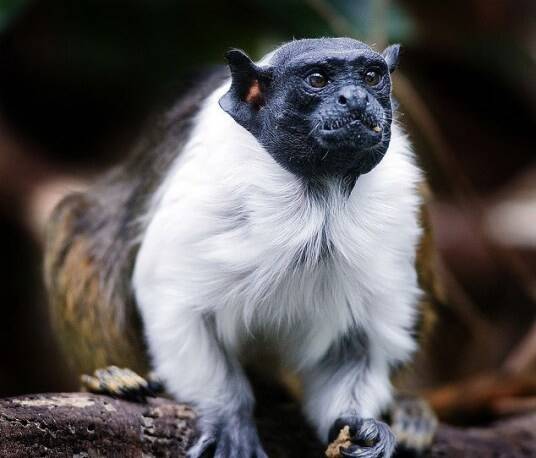
The black-and-white tamarin lives in small groups, with about 2-15 members in a group. In the Yadovduk Forest Reserve, there are an average of 4-8 black-and-white tamarins per group, while in other areas there are about 6-19. Black-and-white tamarins are omnivorous, and their food includes fruits, flowers, nectar, insects, spiders, small vertebrates and bird eggs. They have sharp vision, followed by hearing and smell. They are active during the day and live in family groups of 3 to 12.
Both parents feed their young. Only the dominant female in the group will reproduce, while the reproduction of other females is suppressed. The gestation period is about 140-170 days, and the mother generally gives birth to two cubs per litter. The cubs are mainly cared for by the father, and other members of the group will also assist, and they will only come to the mother when breastfeeding.
Listed in the IUCN Red List of Primates in 2017 - Critically Endangered (CR).
Protect wild animals and stop eating game.
Maintaining ecological balance is everyone's responsibility!




